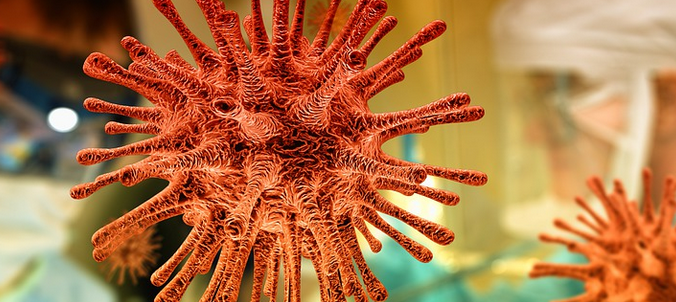Introduction
Modern chemistry is a constantly evolving field that explores the properties and interactions of matter. One of the most important concepts in chemistry is the idea of matter and change. Matter refers to anything that takes up space and has mass, while change refers to the transformation of matter from one form to another. In this article, we will explore the modern understanding of matter and change in chemistry.
The Structure of Matter
Matter is made up of tiny particles called atoms. Atoms are the basic building blocks of matter and are composed of even smaller particles called protons, neutrons, and electrons. The number of protons in an atom determines its atomic number, which in turn determines the element it represents. The arrangement of these atoms and their properties determine the properties of matter.
States of Matter
Matter can exist in three states: solid, liquid, and gas. Solids have a fixed shape and volume, while liquids have a fixed volume but can take on the shape of their container. Gases, on the other hand, have neither a fixed shape nor volume and can expand to fill any container.
Chemical Reactions
Chemical reactions involve the transformation of matter from one form to another. During a chemical reaction, atoms are rearranged and bonds are broken and formed. This results in the formation of new substances with different properties than the original substances.
Applications of Modern Chemistry
Modern chemistry has a wide range of applications. It is used in the development of new materials, medicines, and technologies. Chemists also work to understand and mitigate the effects of pollution and climate change.
Material Science
Material science is an important application of modern chemistry. Chemists work to develop new materials with specific properties for use in various industries, such as aerospace, electronics, and construction. For example, the development of new lightweight materials has revolutionized the aviation industry.
Medicine and Pharmaceuticals
Chemistry is also crucial in the development of new medicines and pharmaceuticals. Chemists work to understand the structure and function of molecules in the body and develop new drugs that can target specific diseases and conditions.
Environmental Chemistry
Environmental chemistry is another important area of modern chemistry. Chemists work to understand the effects of pollution on the environment and develop solutions to mitigate these effects. For example, chemists may develop new materials that can absorb pollutants from the air or water.
Conclusion
In conclusion, modern chemistry is a fascinating field that explores the properties and interactions of matter. Matter and change are two important concepts in chemistry, and understanding them is essential to understanding the world around us. From the development of new materials to the fight against pollution, chemistry has a wide range of applications that impact our daily lives.

